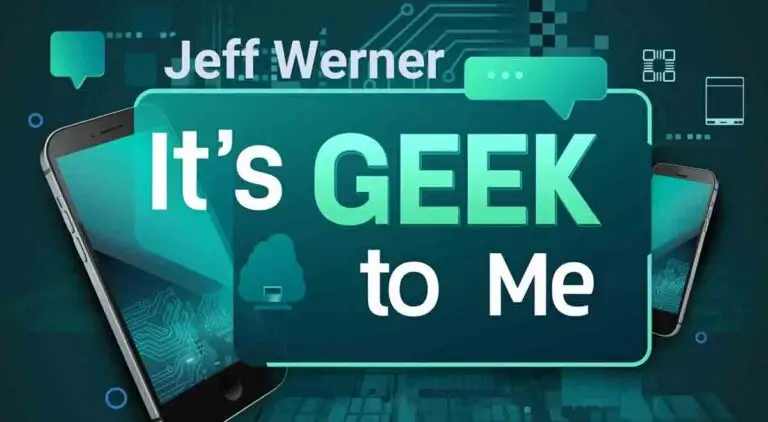FLORIDA —
Question: A couple of days ago, when I reviewed a just-received credit card bill, there was an unexpected $69.99 charge from Microsoft. The credit card company provided the originator’s telephone number. That started a four-hour ordeal of different phone numbers and websites. Finally, I got through to Joy in the Philippines who explained it was for my new Office subscription (which I never ordered). She arranged for a refund and subscription cancellation. But now I keep getting warnings that the subscription termination will have consequences that will take effect in late October (most features of Word will be disabled).
I neither want nor need that subscription because I have one which expires in July 2025 (I made a previous related question that you published).
My questions are: 1) which subscription is the priority and what will happen this October and 2) what is a workable Microsoft help telephone number? —- I can’t download the image because I only have it in Word and pdf.
– Doug B.
Niceville, Florida
Answer: Hello again, Doug. I’m glad to hear that my previous answer seems to have helped somewhat, but it seems that we have created a cousin to the problem. No matter—hopefully, we can crush this one, too.
Readers, if you’re interested in the “previous related question” that Doug mentioned, visit my website and check out I.G.T.M. #0884, Jun 30, 2024.
As for which subscription is the priority, that would depend on whose perspective you’re asking about. In other words, the answer is different depending on whether you’re talking about what Microsoft might do versus what your desires are. I think if I were you, I wouldn’t worry too much about what Microsoft’s priority is until it butts heads with your personal priority.
When and if that happens, then doggedly pursue a solution.
The only instances where there should be a problem is when the software has been pirated, whether intentionally or accidentally. That doesn’t apply to you. You have paid for and legitimately own the license for what you’re trying to use, so chances are good that they will probably be happy to work with you to keep it running.
As for your second question, the fact that you had a conversation with “Joy in the Philippines” would seem to indicate that the number you got from the credit card company is a viable one. Besides that, the most common phone number is 1-800-MICROSOFT (642-7676).
Google AI reports that “You can contact Microsoft by phone at (800) 865-9408 in the US.” It also gives additional means to contact them, which include online, via the “Get help button,” Live chat, and a call-back from technical support. All this and more can be found just by searching for “Microsoft support phone number” on Google.
Geeky News: There were a few important news items this past week that you might have missed if you don’t follow the technology trades like I do. Nevertheless, there is a good chance that some of these will affect you personally at some point.
Hackers crack Microsoft software licensing protection: Doug’s question in this week’s issue seems rather timely in light of this issue. A hacker group is claiming that they have broken almost the entire Windows and Office software licensing protection. If true, this allows them to permanently activate any version of Windows or Office, including many that are out of support. Read more at TinyURL.com/IGTM-0907a.
Microsoft closes the door on Windows 11 support for older hardware: I’ve been warning about this as the end-of-support for Windows 10 approaches. Microsoft is digging in and standing firm on the requirement for a PC to be equipped with a TPM (Trusted Platform Module) in order to run Win 11. Many older PCs don’t have this hardware, while almost all newer ones do. Read more at TinyURL.com/IGTM-0907b.
Discovery creates candidate for “universal memory”: Scientists, apparently by accident, have discovered a material that is set to revolutionize data storage. It is capable of storing data without having constant power applied to it, as today’s RAM technology requires. This places it in what is currently a gray area between RAM and technology like FLASH, used in solid-state drives. Read more at TinyURL.com/IGTM-0907c.
Jeff Werner, a software engineer based in Niceville, Florida, has been writing his popular “It’s Geek to Me” tech column since 2007. He shares his expertise to help readers solve everyday tech challenges. To view additional content, comment on articles, or submit a question, visit ItsGeekToMe.co (not .com!).







